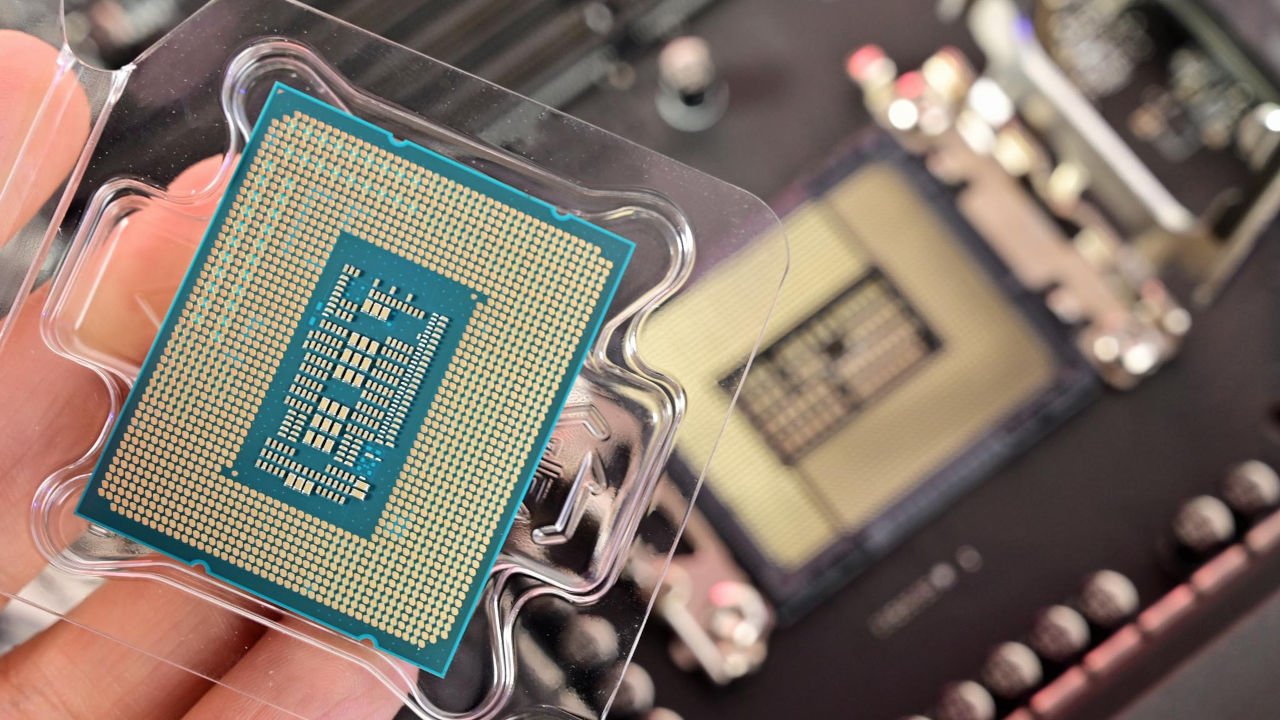European Union approves €43 billion Chips Act to boost semiconductor production
The European Union battles foreign dominance in the production of semiconductor chips with its latest legislation.

All the latest news, reviews, and guides for Windows and Xbox diehards.
You are now subscribed
Your newsletter sign-up was successful
What you need to know
- The European Union has passed the €43 billion Chips Act.
- It is designed to enhance the production of semiconductors in the region.
- The EU hopes to reduce the overdependence on foreign regions to develop semiconductor chips.
The European Union recently greenlit a €43 billion Chips Act, which translates to $47.5 billion, to increase the production of semiconductors in the region. According to the Spanish minister for industry, trade, and tourism, Héctor Gómez Hernández, the move will significantly reduce the region's over-dependency on foreign regions for the development of semiconductors and ultimately contribute to "the renaissance" of the entire industry, as reported by PCGamer.
The minister also indicated that besides enhancing the production of semiconductors in the region, it's also designed to attract more investors. Moreover, it's also expected to enhance research in the region to the extent that they'll be ready to combat semiconductor shortages that might occur in the future.
With the Chips Act, Europe will be a frontrunner in the world semiconductors race. We can already see it in action: new production plants, new investments, new research projects. And in the long run, this will also contribute to the renaissance of our industry and the reduction of our foreign dependencies.
Héctor Gómez Hernández, Spanish Minister
In the past year, the EU has been vocal about becoming a key industry in the production and development of semiconductor chips. Likewise, Intel announced its $50 billion investment in Germany and Israel to build chip plants to diversify its area of operations to avoid the shortage of semiconductors, as experienced during the COVID-19 pandemic.
Moving forward, the Chips Act is set to be published in the Official Journal of the European Union after being signed by the President of the European Parliament and the President of the Council. The Act will be passed three days following its publication.
Windows Central take
The Chips Act is well structured and designed to provide the European Union with more independence over foreign regions when it comes to producing and developing semiconductor chips.
Admittedly, there's a lot of work to be done. For instance, it's important that the region is equipped with a skilled workforce that's well-versed in this sector. It'll be interesting to see how the European Union makes up for the aid it gets from foreign regions once the Chips Act takes effect.
All the latest news, reviews, and guides for Windows and Xbox diehards.

Kevin Okemwa is a seasoned tech journalist based in Nairobi, Kenya with lots of experience covering the latest trends and developments in the industry at Windows Central. With a passion for innovation and a keen eye for detail, he has written for leading publications such as OnMSFT, MakeUseOf, and Windows Report, providing insightful analysis and breaking news on everything revolving around the Microsoft ecosystem. While AFK and not busy following the ever-emerging trends in tech, you can find him exploring the world or listening to music.
